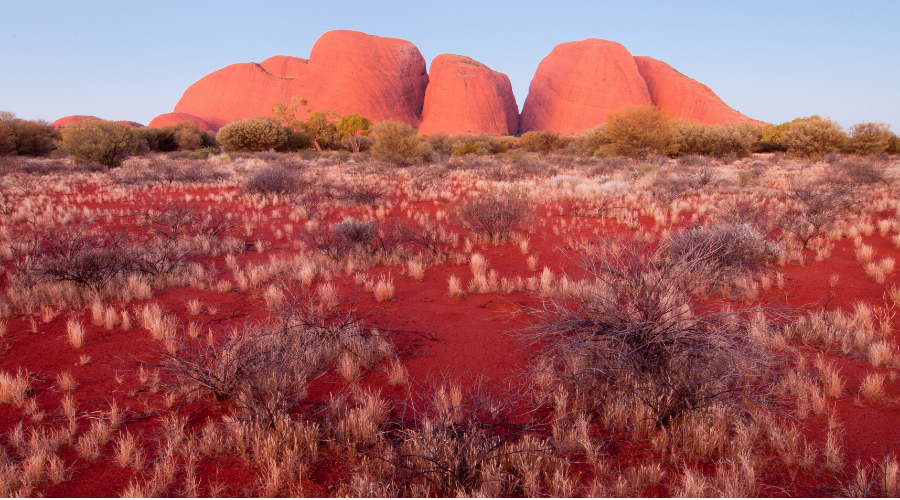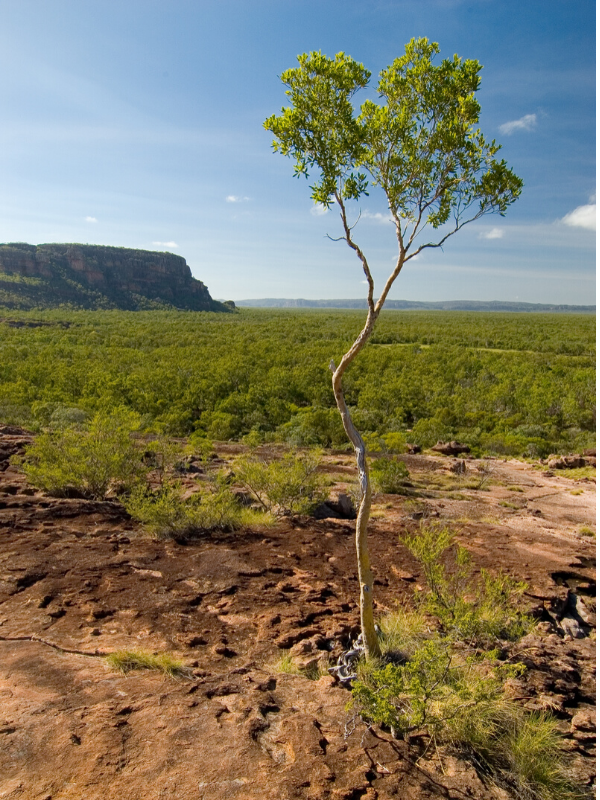News - 26 March 2020
National Park closures due to coronavirus

It's not just our cities and towns that are going into shutdown due to the COVID-19 health emergency. Visitor centres and some popular sites within our National Parks are closing, while some major National Parks are being shut completely.
Here's what you need to know, and if you still want to explore some of our beautiful National Parks from the comfort of your own home, we've pulled together some virtual tours for you.
Due to the ongoing COVID-19 health emergency, the decision to close the Australian National Botanic Gardens, Booderee, Kakadu and Uluru-Kata Tjuta National Parks was announced on 24 March by Parks Australia.
The closures are for a minimum of two weeks, with the Australian National Botanic Gardens and Booderee National Park in Jervis Bay shutting last Tuesday and Wednesday respectively, while the popular Northern Territory National Parks close from 5pm today (26 March).
“Our National Parks and botanic gardens are treasured places for both locals and visitors alike, however the health and wellbeing of visitors, staff, and local communities is our utmost priority,” said Director of National Parks, Dr James Findlay.
“These decisions have been made in consultation with key stakeholders for each site including Traditional Owners represented by the joint Boards of Management, Central Land Council, Northern Land Councils, and the Wreck Bay Aboriginal Community Council, and we will continue to work together.
“Longer term options for these sites will be assessed over the next fortnight as we continue to monitor the advice of medical authorities and the government.”
Staff will continue to work in the closed locations and Parks Australia will provide access for residents and surrounding Indigenous communities, essential services and those working in the communities.
Indigenous communities particularly at risk from coronavirus

The closure of these National Parks is partly in response to concerns for Indigenous communities. The close-knit nature of Aboriginal and Torres Strait Islander communities, as well as them often being situated in remote locations with poor access to major health facilities, places these people at particular risk from COVID-19.
The closure of these major National Parks was therefore welcome news for bodies like the National Aboriginal Community Controlled Health Organisation and other groups working to improve the health of Indigenous people.
Representing Indigenous people in Central Australia and covering 15 language groups, the CEO of the Central Land Council, Joe Martin-Jard, told the Wilderness Society: "We thank the Government for closing these parks. It's what the Traditional Owners have been asking for.
"Indigenous people are already disproportionately affected by chronic disease and so it is crucial that we prevent the spread of this virus within their communities."
State and Territory measures in National Parks in response to coronavirus
In response to bans on large gatherings and social-distancing advice, States and Territories have started closing visitor centres and other attractions within their National Parks. Some parks are still closed due to damage from the summer bushfires. Use the links below to check which sites have closed.